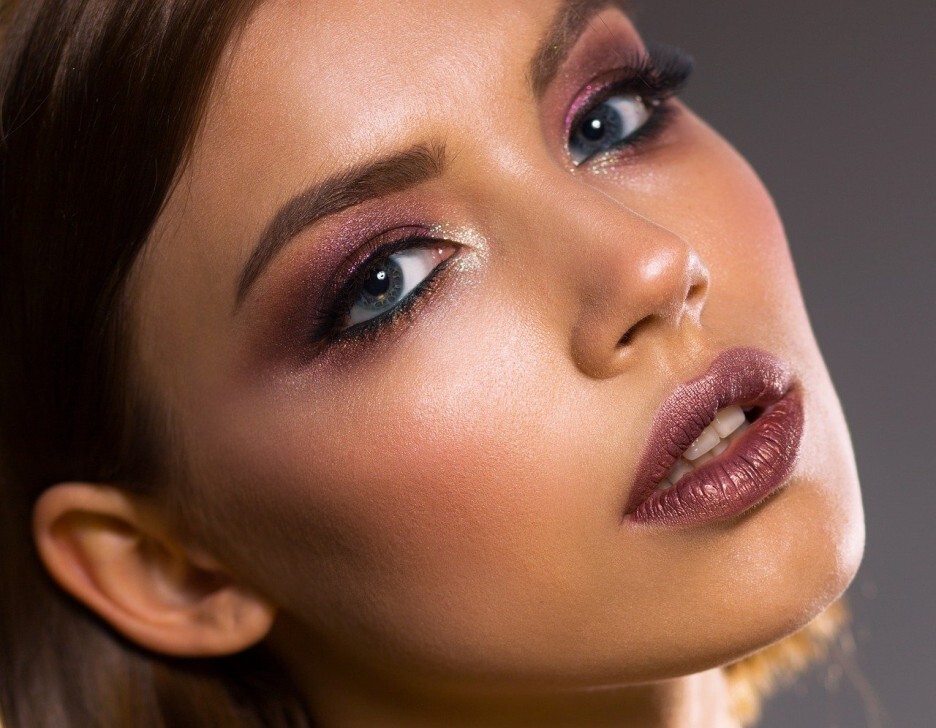[JAMS] The Cost of Looking Natural: Why the No-makeup Movement May Fail to Discourage Cosmetic Use (2022)

Original Empirical Research
Published: 10 August 2021
The Cost of Looking Natural: Why the No-makeup Movement May Fail to Discourage Cosmetic Use
Rosanna K. Smith, Elham Yazdani, Pengyuan Wang, Saber Soleymani & Lan Anh N. Ton
Journal of the Academy of Marketing Science volume 50, pages 324–337 (2022)
Abstract
Consumers seek naturalness across many domains, including physical appearance. It seems that the desire for natural beauty would discourage artificial appearance-enhancement consumption, such as cosmetic use. However, across an analysis of the “no-makeup movement” on Twitter and Nielsen cosmetic sales (Study 1a), an image analysis of #nomakeup selfies using machine learning approaches (Study 1b), and three experiments (Studies 2–4), we find that calls to look natural can be associated with increased artificial beauty practices. Drawing from attribution theory, we theorize that calls to look natural maintain the value of attractiveness while adding the consumer concern that others will discount their attractiveness if overt effort is present. Thus, rather than investing less effort, consumers may engage in a self-presentational strategy wherein they construct an appearance of naturalness to signal low effort to others, thereby augmenting their attractiveness. This work contributes to attribution and self-presentation theory and offers practical implications for naturalness consumption.
Cite this article
Smith, R.K., Yazdani, E., Wang, P. et al. The cost of looking natural: Why the no-makeup movement may fail to discourage cosmetic use. J. of the Acad. Mark. Sci. 50, 324–337 (2022). https://doi.org/10.1007/s11747-021-00801-2
DOI https://doi.org/10.1007/s11747-021-00801-2
Keywords
Naturalness, Beauty, Effort, Attribution, Social media, Image analysis, Multimethod
References: Springer Link
Translation
소비자는 외모를 비롯한 여러 영역에서 자연스러움을 추구한다. 자연스러운 아름다움에 대한 욕구는 화장품 사용과 같은 인위적인 외모 향상 소비를 억제하는 것 같다. 그러나 Twitter 및 Nielsen 화장품 판매의 "노 메이크업 운동"에 대한 분석(연구 1a), 머신 러닝 접근 방식을 사용한 #nomakeup 셀카의 이미지 분석(연구 1b) 및 세 가지 실험(연구 2-4)을 통해, 저자는 자연스러워 보이려는 욕구가 인위적인 미용 관행의 증가와 관련될 수 있음을 발견했다. 저자는 귀인 이론을 바탕으로 자연스럽게 보이려는 욕구가 매력의 가치를 유지하는 동시에 다른 사람들이 노골적인 노력이 있으면 자신의 매력을 무시할 것이라는 소비자 우려를 중거사킨다고 이론화하였다. 따라서 소비자는 노력을 덜 들이기보다는 자연스러운 모습을 구성하여 다른 사람들에게 낮은 노력을 알리고 매력을 높이는 자기 표현 전략에 참여할 수 있다. 이 작업은 귀인 및 자기 표현 이론에 기여하고 자연적인 소비에 대한 실문적 함의를 제공한다.
Key Points
- 노메이크업운동과 같은 자연스러운 아름다움에 대한 욕구는 오히려 인위적인 미용 관행의 증가와 관련됨
- 귀인 이론을 바탕으로 자연스러워 보이는 욕구가 매력적이게 보이나, 동시에 노골적인 노력이 있을 경우 자신의 매력을 무시할 것이라는 우려가 동시에 존재한다는 것을 이론화하여 제시함
- 따라서 소비자는 노력을 덜 들이기보다는 자연스러운 모습을 구성하여 자신의 낮은 노력을 알리며 자신의 매력을 높이는 전략을 채택할 수 있음